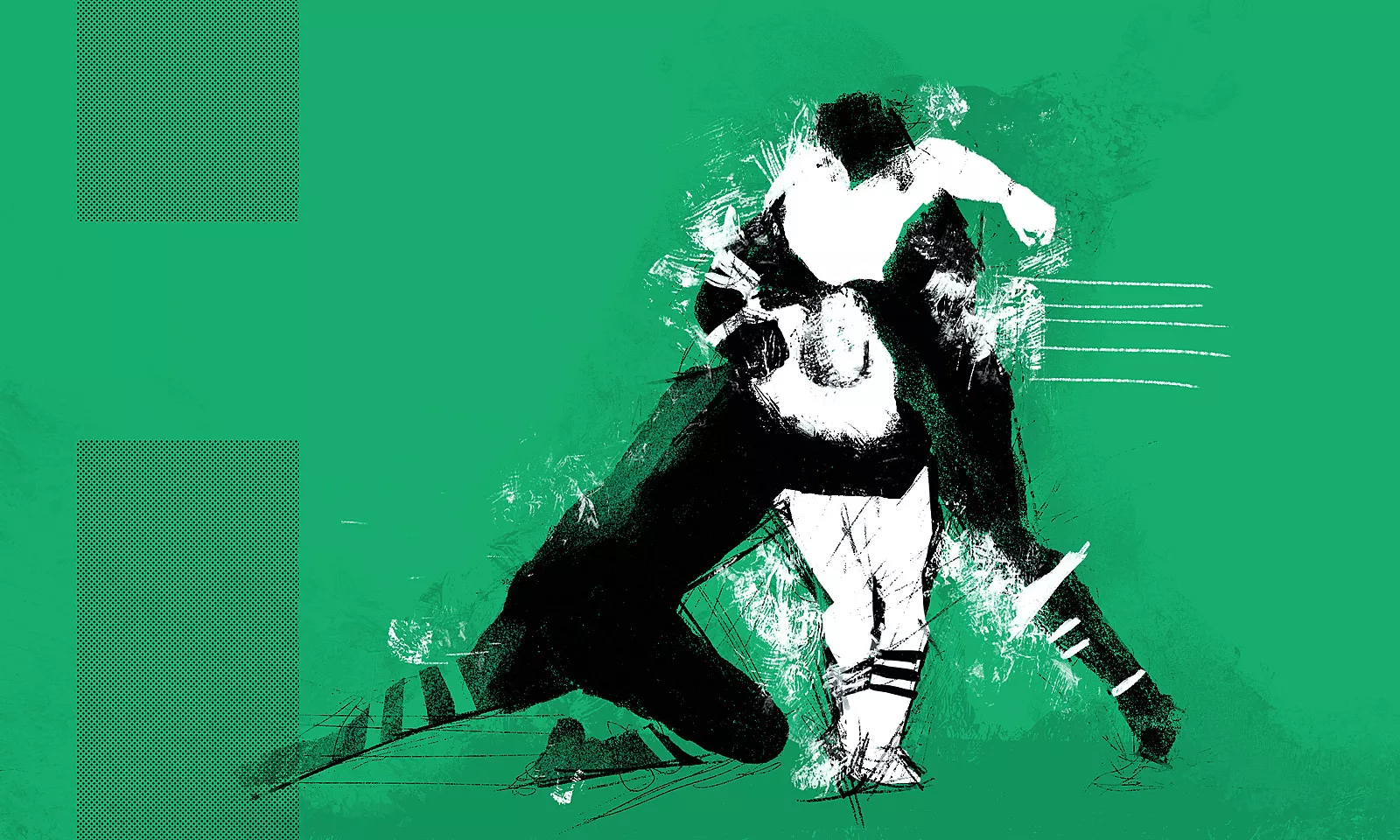Seven years ago, when I started my journey as a project manager at Infinum, I wasn’t sure where it would take me.
Since then, I have shape-shifted into a scrum master, product owner, and agile coach, depending on the project’s needs. The software industry changes fast, and it’s either adapt and learn or get left behind.
Along the way, I learned a few lessons that helped me adjust to this ever-changing landscape and significantly impacted the way I perform my day-to-day project management duties.
Surprisingly, most of these lessons originated from rugby.
Play as a team if you want to win
In rugby, I played a forward. Becoming a project manager after that was easy. Of course, my teammates’ roles changed, and the framework changed, but what made my team excel and deliver value remained the same.
Rugby as a sport emphasizes team values. Its basic concepts are “communication” and “support”, while the game elements of ruck, maul, lineout, and scrum require players to create formations. There are 15 players on the pitch, and each position has a role. Each of those roles can achieve peak performance only if the other roles are there to support, encourage, and assist.
Project teams function in the same way. Each member has their responsibilities, but only with the support of other team members can the whole team excel.
Show up even when you don’t feel like it
This lesson was a hard one.
On the days you don’t feel like it; when your energy and willpower are in the gutter. When you feel everything is stacked against you – that’s when you need to show up for training and show up for the game. The beautiful thing about being part of a team – be it a rugby team or a project team, is that you can count on your teammates to help you through this.
Whether it is something simple like a stand-up you don’t feel like attending or a gut-wrenching escalation meeting, you must show up. Showing up reflects the responsibility and commitment you have towards the team and the work. The great Steven Hawking said it best: “Just showing up is half the battle.”
Learn from experience and feedback
During training, you work on elements from the game, and each game is a demonstration of what you worked on. Whether you win or lose, it ends with a retrospective. The whole team participates in analyzing what we did good and what should be improved both on a team level and individually. In the first training session after the game, we start working on the same elements but incorporate the feedback from the game.
Sounds familiar, right? The key point for me was learning the value of listening, accepting, and acting on the feedback you receive. It’s that feedback that shows you where improvements need to be made.
Be there for the third half
The third half is the time after the game when players of both teams grab a drink, usually together. It’s about team building, networking, getting to know your teammates, but also about getting to know others, learning about their practices, and sharing your own.
In the same way, getting to know your project team is important, getting to know other teams on the project is important, and sharing experiences and processes between two projects/product teams is essential to improving your way of working not just within the project team but the company as a whole.
Know the value of self-management
Self-organizing teams are a key concept in the agile mindset. It is also one of the agile concepts that a lot of companies struggle with.
Rugby teams are a very good example of self-organization. Each rugby team is divided based on their position: forwards from 1 to 8 or backs from 9 to 15. While each position is clearly defined, it’s not limiting; the way backs and forwards accomplish the strategy largely depends on their preferences. Again, collaboration and efficiency are key.
This applies to scrum teams almost exactly; while the product vision comes from product owners, the development team decides on the details of building that vision.
Come into play
Rugby remains a big part of my life but I never thought it would be a big part of my current career, too.
The lessons rugby taught me can probably be learned through different sports, activities, and job positions, but these made it easier for me to embrace the agile approach and to fit into different product teams and cultures.
If they resonate with you, perhaps the project manager/product owner/scrum master career paths are what you should be pursuing. It’s either that or you’re into rugby, and I’d be happy to discuss either during the third half.










